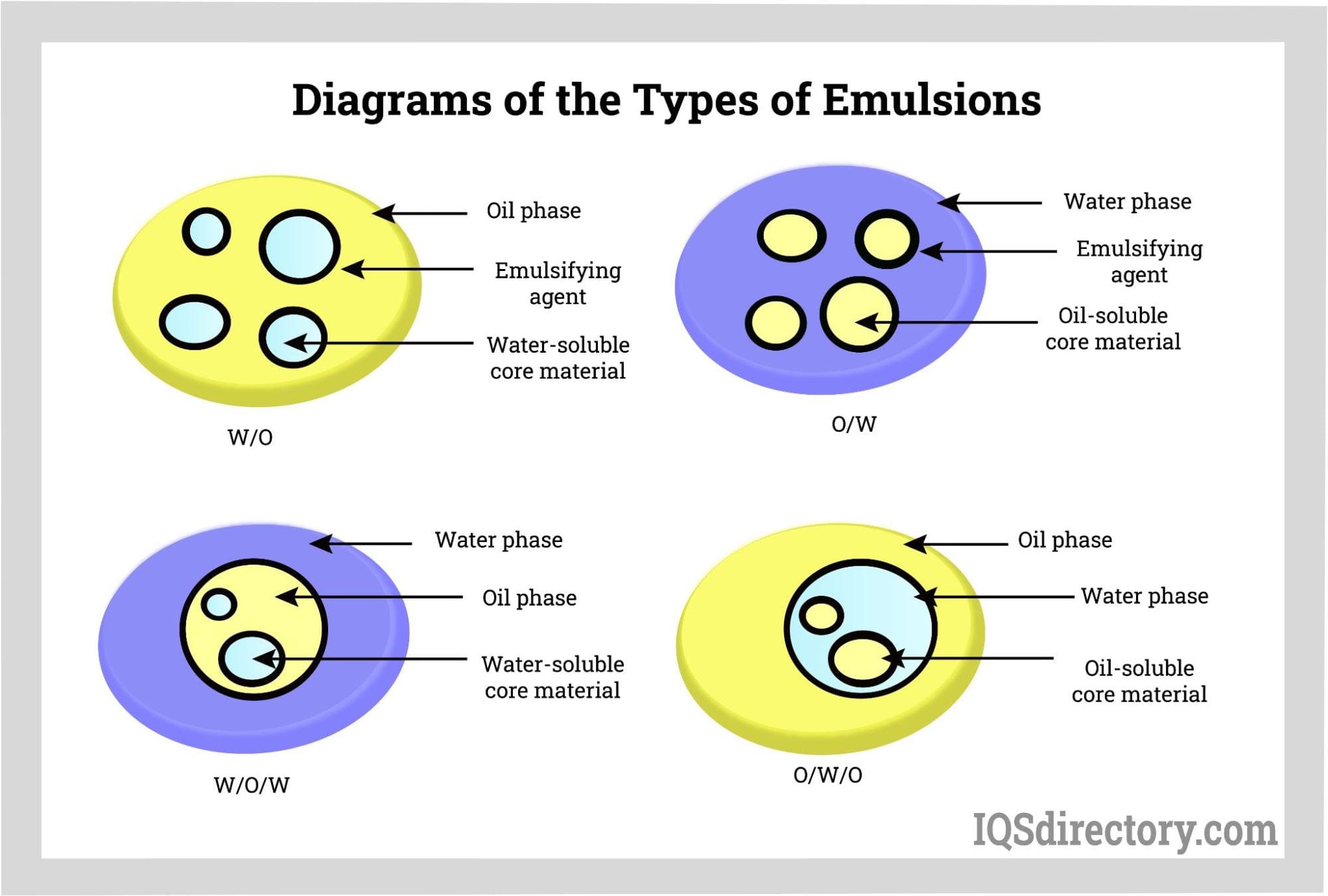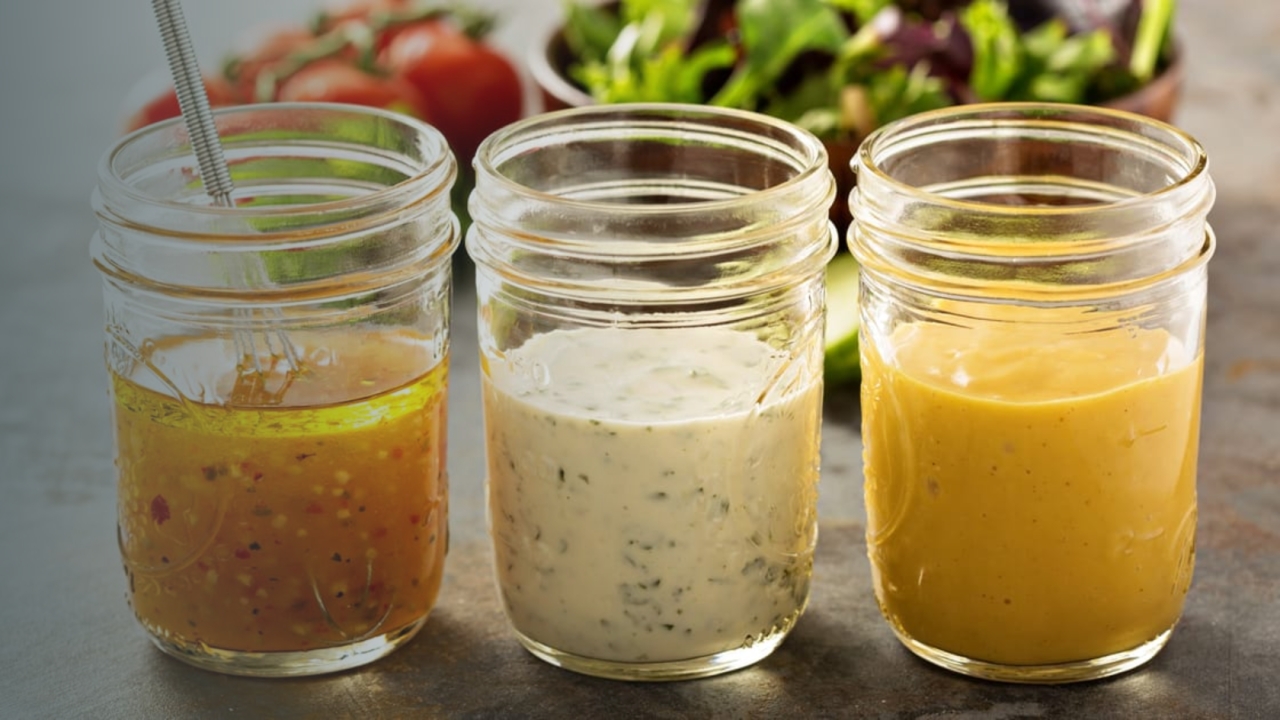How to Choose the Right Emulsifiers for Your Cosmetic Formulation
How to Choose the Right Emulsifiers for Your Cosmetic Formulation
Blog Article
The Science Behind Emulsifiers and Their Significance in Modern Production
Emulsifiers play a crucial role in modern-day production, acting as the unrecognized heroes that mix oil and water for a broad array of items. As customer preferences shift towards cleaner tags, the need for ingenious emulsifiers is expanding.
What Are Emulsifiers?
Emulsifiers are essential agents in the world of food and product production, acting as the adhesive that binds 2 otherwise immiscible liquids, like oil and water. Usual examples include lecithin found in egg yolks and soybeans, and mono- and diglycerides used in different refined foods.

When you whip up a salad clothing or delight in a velvety dessert, emulsifiers assist maintain that perfect texture. They ensure your items have a regular mouthfeel and appearance, enhancing your general experience. Without emulsifiers, several foods would separate, causing unfavorable appearances and tastes. So, following time you enjoy a smooth sauce or spread, remember the unhonored heroes-- emulsifiers-- that make it all possible.
The Chemistry of Emulsification
When you blend oil and water, you may notice they don't mix easily; that's where the chemistry of emulsification comes right into play. To overcome this difficulty, emulsifiers are utilized.
When you include an emulsifier, its particles place themselves at the oil-water interface, decreasing surface area tension and allowing the beads to blend. The emulsifier forms a protective layer around each bead, preventing them from coalescing back right into different layers.
Sorts Of Emulsifiers
Different sorts of emulsifiers play necessary roles in stabilizing mixes of oil and water. You'll often run into two main classifications: natural and artificial emulsifiers. All-natural emulsifiers, like lecithin from egg yolks or soy, are acquired from plants and animals, making them preferred in food. They're generally considered more secure and much healthier options.
On the various other hand, artificial emulsifiers, such as mono- and diglycerides, are chemically engineered to boost stability and service life. They're commonly utilized in processed foods and aesthetic products.
Additionally, you could come across non-ionic, anionic, and cationic emulsifiers, each with special properties that impact their efficiency. Non-ionic emulsifiers, for instance, job well in a variety of pH degrees, while anionic emulsifiers have a tendency to do much better in alkaline conditions. Understanding these kinds can assist you pick the appropriate emulsifier for your details application.
Systems of Emulsion Development
Comprehending just how emulsions develop is crucial for producing steady blends of oil and water. Solutions happen when you distribute tiny droplets of one liquid into an additional immiscible liquid, such as oil in water. This procedure calls for power, frequently supplied via frustration or blending. When you introduce an emulsifier, it decreases the surface area tension in between both liquids, allowing them to blend even more quickly.
The emulsifier particles have a hydrophilic (water-attracting) head and a hydrophobic (oil-attracting) tail. When you add an emulsifier, these particles organize themselves at the oil-water user interface.
Applications of Emulsifiers in Different Industries
Emulsifiers play a crucial duty throughout numerous sectors, making your favored foods smoother and much more delightful. In cosmetics, they enhance item texture and stability, making sure an enjoyable application experience. And also, in pharmaceuticals, they aid deliver necessary active ingredients properly, improving general effectiveness.
Food Sector Makes Use Of
While you might not realize it, emulsifiers play an essential role in the food sector, enhancing the structure, security, and life span of many products (Emulsifiers). They're frequently discovered in salad dressings, sauces, and mayo, aiding to mix oil and water for a smooth, constant product. In baked items, emulsifiers boost dough handling and retain moisture, leading to a better texture and prolonged quality. They're also important in dairy products, where they maintain solutions in creams and ice lotions, stopping splitting up. Even in treats, emulsifiers assist maintain crunchiness and protect against stagnant flavors. By making certain uniformity and quality, emulsifiers are substantial to supplying the tasty products you delight in everyday, making them an indispensable ingredient in modern food production.
Aesthetic Solutions Benefits
When it comes to cosmetic formulations, emulsifiers are crucial for creating products that feel glamorous and perform successfully. You'll observe that emulsifiers enhance item stability, preventing find out here splitting up and extending rack life. In general, emulsifiers play an important role in providing top notch cosmetic items that fulfill your elegance requirements.
Drug Applications Summary
In the pharmaceutical market, emulsifiers are vital for creating efficient medications. You'll locate emulsifiers in numerous dose types, like lotions, lotions, and liquid suspensions, boosting the bioavailability of drugs.
The Effect of Emulsifiers on Item Quality

By making sure steady emulsions, you reduce the threat of perishing have a peek here and expand service life, eventually saving you time and money. You'll also discover that emulsifiers can boost the bioavailability of active components in your items, making them more efficient for consumers.
Furthermore, they enable you to develop ingenious formulations that satisfy varied customer requirements. Whether you're crafting a velvety clothing or a luxurious cream, emulsifiers are essential for accomplishing the preferred outcomes. In other words, by understanding and leveraging the impact of emulsifiers, you can substantially elevate the top quality of your products.
Future Patterns in Emulsifier Growth
As the need for cleaner labels and sustainable products climbs, the growth of new emulsifiers is established to progress considerably. You'll see a shift towards plant-based and all-natural emulsifiers, driven by customer choices for active ingredients that are eco pleasant and much less refined. Developments in biotechnology will likely improve the capability and efficiency of these emulsifiers, allowing manufacturers to develop stable formulas with less ingredients.
You may additionally see an increase in multifunctional emulsifiers that not only stabilize emulsions but likewise improve flavor, texture, or nutritional worth. This fad could simplify active ingredient lists while boosting product performance.
Furthermore, with advancements in nanotechnology, emulsifiers can be engineered at the molecular degree to attain unprecedented security and efficiency. Emulsifiers. As you discover these fads, you'll discover that the future of emulsifier development is not nearly capability, but likewise about accepting sustainability and transparency in components
Often Asked Inquiries
Are Emulsifiers Safe for Consumption in Food Products?
Yes, emulsifiers are normally safe for usage in foodstuff. They've been thoroughly studied and approved by food security authorities, so you can enjoy your favored foods without fretting about their influence on your health.
Can Emulsifiers Be Derived From Natural Sources?
Yes, you can acquire emulsifiers from all-natural sources. Active ingredients like lecithin from egg yolks or soybeans and casein from milk prevail. These all-natural reference emulsifiers aid stabilize blends without synthetic additives, making them preferred in numerous products.

How Do Emulsifiers Affect Shelf Life of Products?
Emulsifiers stabilize mixes, preventing splitting up and wasting - Emulsifiers. By keeping harmony, they prolong items' rack life, making certain freshness and quality. You'll discover that emulsifiers assist maintain your preferred foods and cosmetics carrying out well over time
What Are Potential Side Impacts of Emulsifiers?
You might experience gastrointestinal problems when consuming items with emulsifiers, as they can interfere with gut bacteria. Some research studies recommend possible links to inflammation or allergies, yet much more research study is needed to totally comprehend these impacts.

Are There Alternatives to Typical Emulsifiers?
Yes, there are alternatives to standard emulsifiers. You can explore alternatives like all-natural gum tissues, starches, or lecithin. Each different offers special properties, so experiment to discover what jobs best for your details application.
Report this page